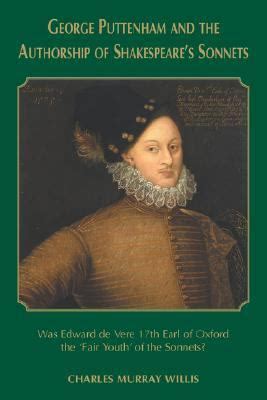A Quote by Ibn Khaldun
Man is essentially ignorant, and becomes learned through acquiring knowledge.
Quote Topics
Related Quotes
Glory is for none but the learned,
Guided are they - and proofs for seekers of guidance.
Every person is measured based on how much of it (knowledge) he mastered,
The ignorant are to the learned their enemies,
Succeed with knowledge and live energetically forever,
Men are all dead, only the possessors of knowledge are truly alive
To oppose knowledge is ignorant, and he who detests knowledge and science is not a man, but rather an animal without intelligence. For knowledge is light, life, felicity, perfection, beauty and the means of approaching the Threshold of Unity. It is the honor and glory of the world of humanity, and the greatest bounty of God. Knowledge is identical with guidance, and ignorance is real error
All political theories assume, of course, that most individuals are very ignorant. Those who plead for liberty differ from the rest in that they include among the ignorant themselves as well as the wisest. Compared with the totality of knowledge which is continually utilized in the evolution of a dynamic civilization, the difference between the knowledge that the wisest and that the most ignorant individual can deliberately employ is comparatively insignificant.
The mind of man can never be wholly barren. Through our whole lives we are subject to successive impressions; for, either new ideas are continually flowing in, or traces of the old ones are marked deeper. If, therefore, you be not acquiring good principles be assured that you are acquiring bad ones; if you be not forming virtuous habits you are, how insensibly soever to yourselves, forming vicious ones.
Taste, when once obtained, may be said to be no acquiring faculty, and must remain stationary; but knowledge is of perpetual growth and has infinite demands. Taste, like an artificial canal, winds through a beautiful country, but its borders are confined and its term is limited. Knowledge navigates the ocean, and is perpetually on voyages of discovery.
The attainment of knowledge is the high and exclusive attribute of man, among the numberless myriads of animated beings, inhabitants of the terrestrial globe. On him alone is bestowed, by the bounty of the Creator of the universe, the power and the capacity of acquiring knowledge. Knowledge is the attribute of his nature which at once enables him to improve his condition upon earth, and to prepare him for the enjoyment of a happier existence hereafter.
Knowledge is the parent of knowledge. He who possesses most of the information of his age will not quietly submit to neglect its current acquisitions, but will go on improving as long as means and opportunities offer; while he who finds himself ignorant of most things, is only too apt to shrink from a labour which becomes Herculean.
He who expects from a great name in politics, in philosophy, in art, equal greatness in other things, is little versed in human nature. Our strength lies in our weakness. The learned in books are ignorant of the world. He who is ignorant of books is often well acquainted with other things; for life is of the same length in the learned and unlearned; the mind cannot be idle; if it is not taken up with one thing, it attends to another through choice or necessity; and the degree of previous capacity in one class or another is a mere lottery.








































